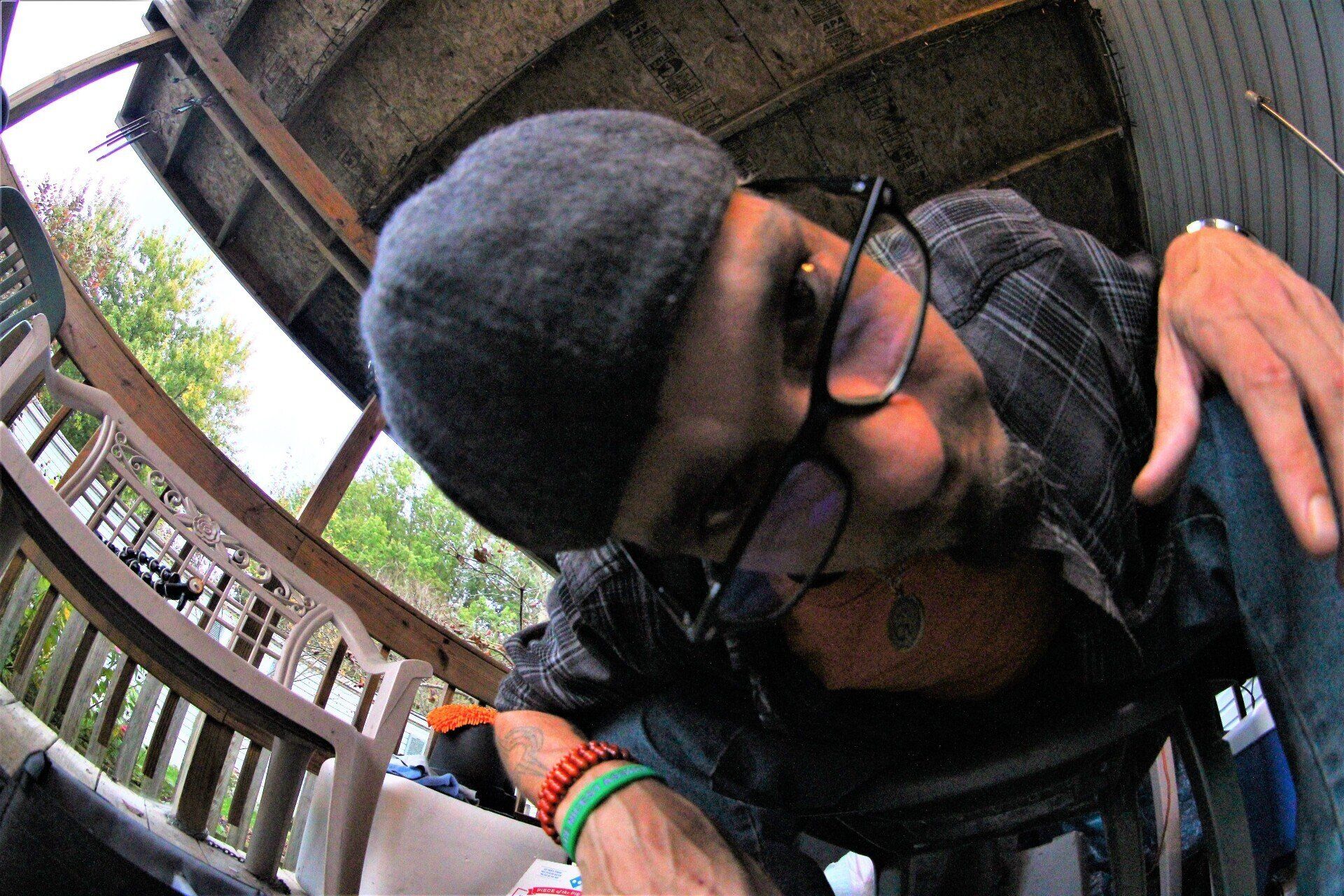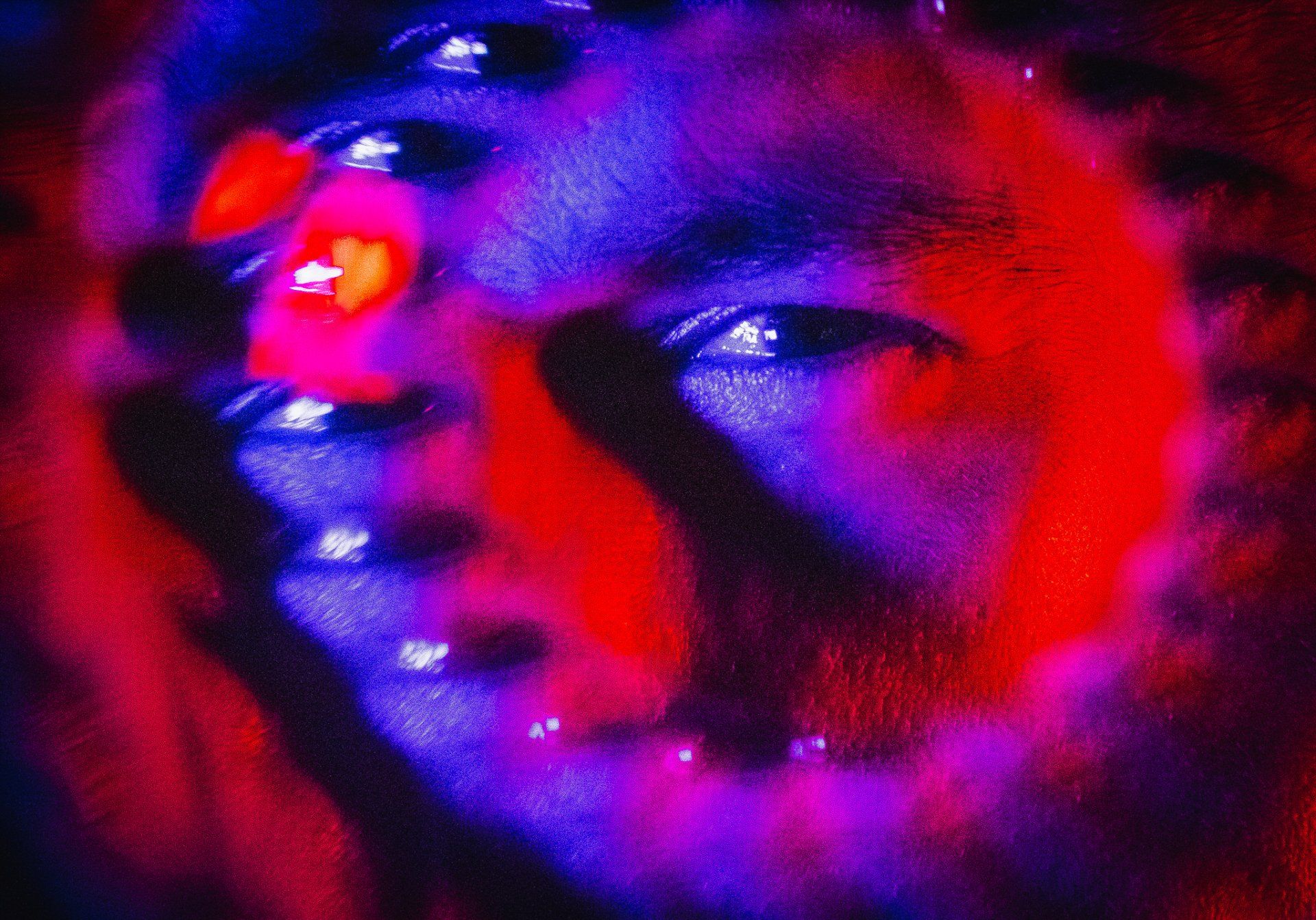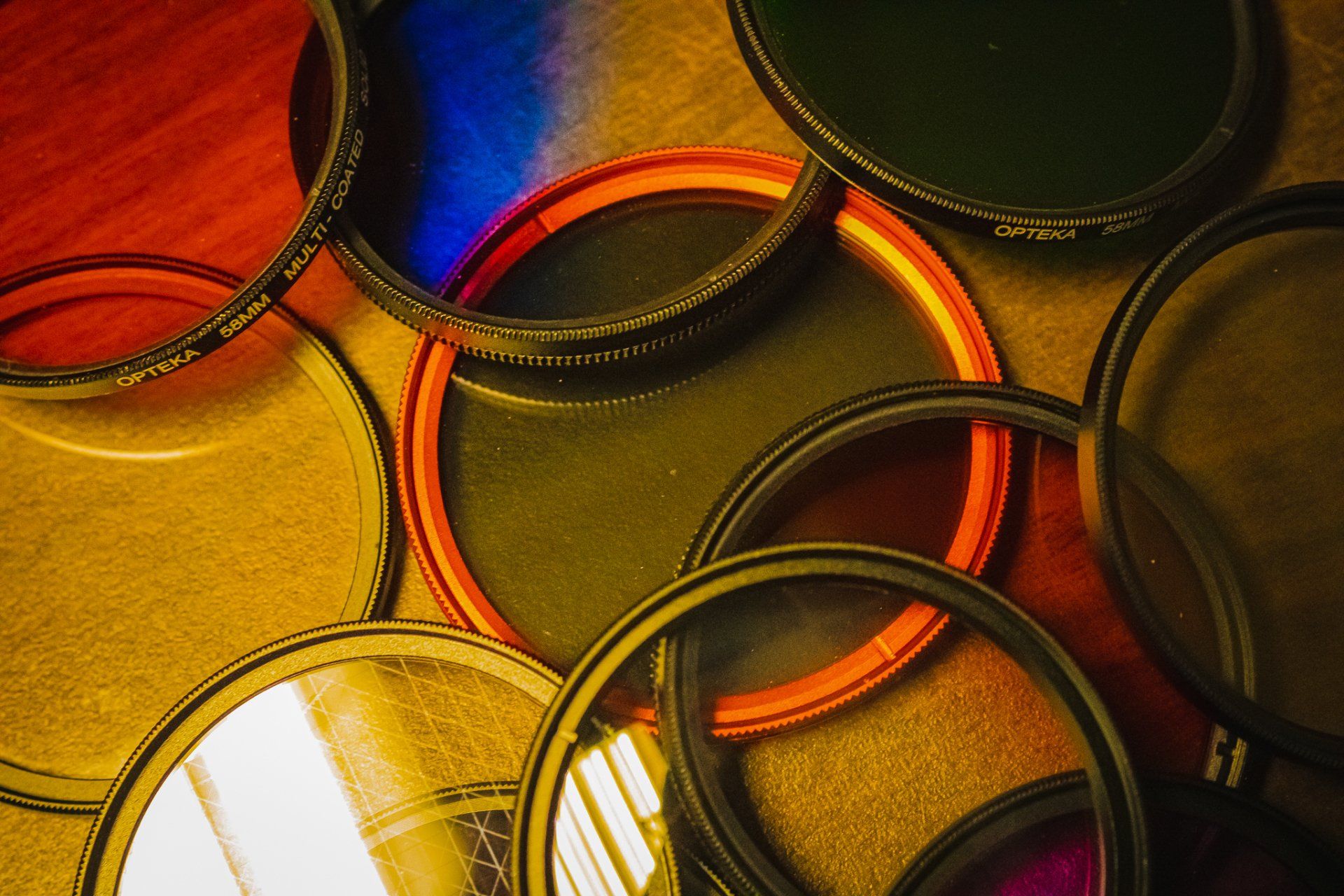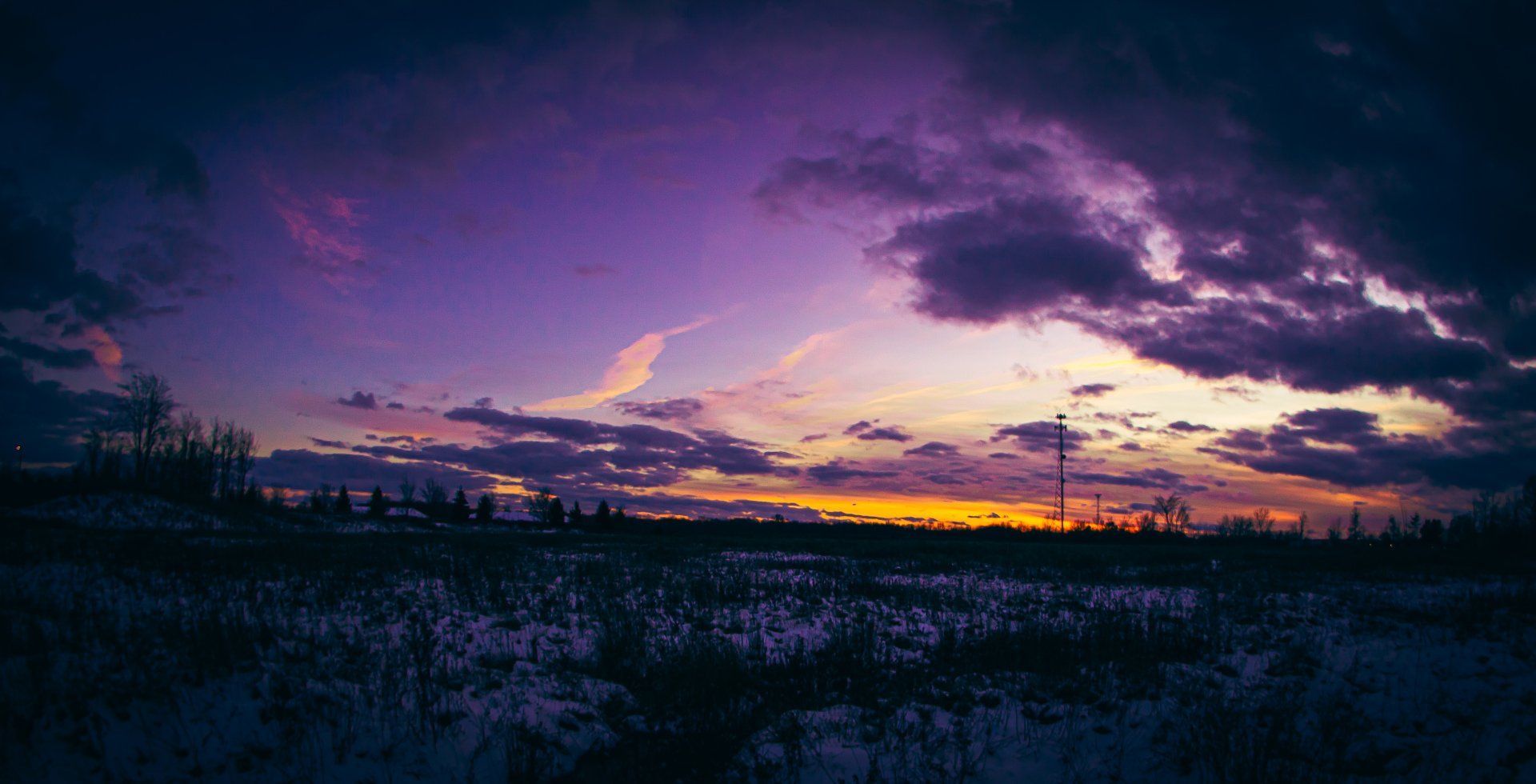Kept In Stock
The Start Of My Stock Photography Journey And What I've Learned So Far
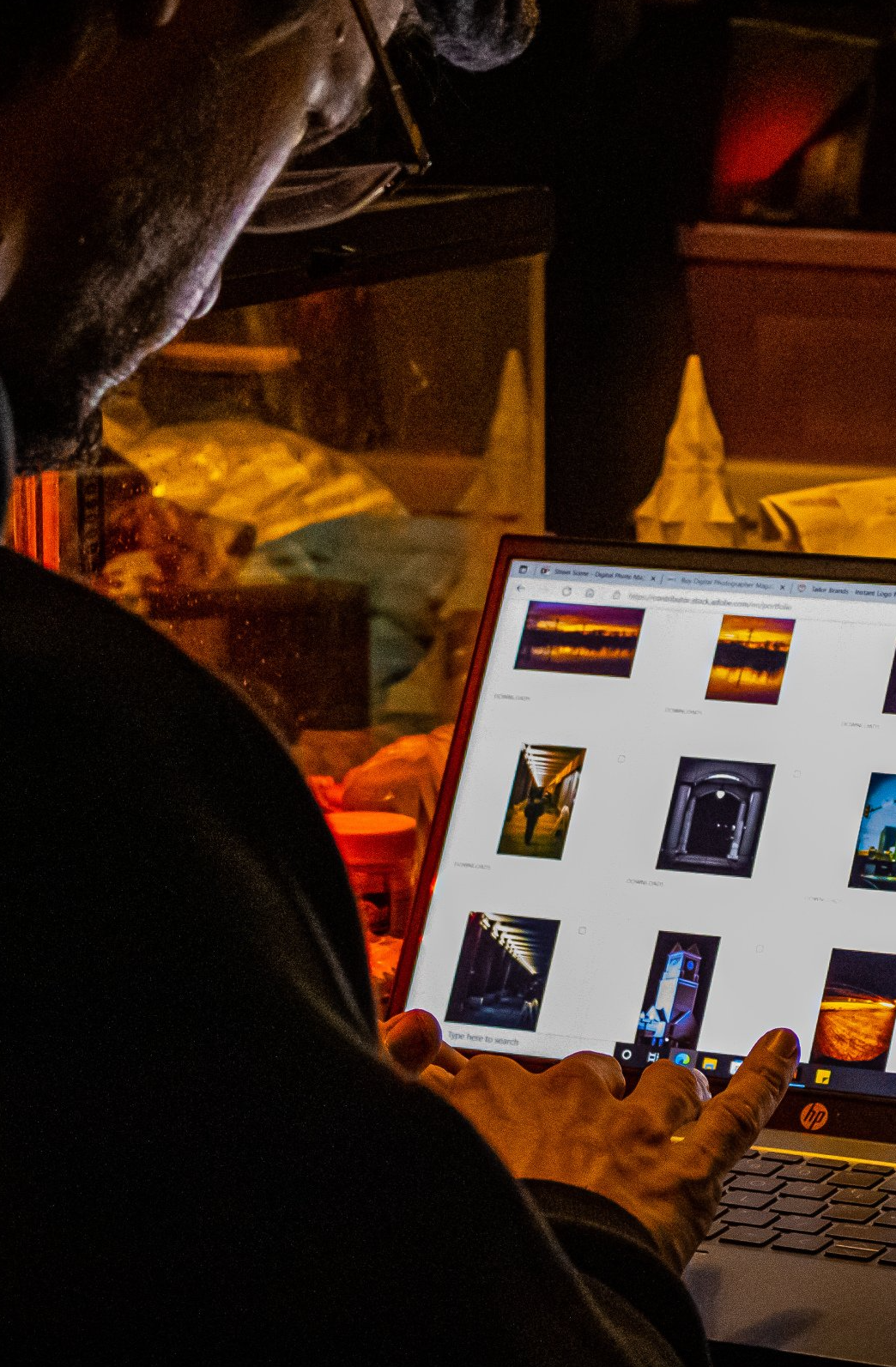
It has been way too long since I've stopped to write a blog post for you all, and there is good reason for it. I have been staying busy with a new revenue stream that concerns my photography: Stock photography.
You see, I've already been through producing NFT's with Opensea (if you can find success there, more power to you, and please tell me where I went wrong). So, after I released a couple of collections there, I moved on to the next one, and that one is stock photography.
You may have looked into this and heard something like "Stock photography is dead," or maybe "It's way too late to start now." Sound familiar? Yeah, I heard all of that too. But honestly, I'm kind of stubborn like that. I prefer to just carve my own path out and try it for myself. Which leads me to why I have been so silent lately.
Like so many of you, I too am sitting on a huge catalog of photos taken throughout my time with photography. Photos of just about anything that I can think of and with varying degrees of quality (the newer ones look great and the older ones, well not so much). I have decided that I needed to sit down and sort through all of them. That way, I could submit as many photos as I possibly could right away. You never know if you are already holding a photo that will sell thousands of copies until you try.
Being that I had no idea what I was doing in the beginning, the journey has been pretty rough so far. Everything that I had taken in the beginning was taken in JPEG. Therefore, running them through Adobe Lightroom real quick has been no picnic at all. And if you're not understanding why, take a second and go back to my blog post "A RAW Deal" to see why JPEG might not be so great for this endeavor. At least not until after I've ran them through Lightroom.
So far, I've learned more than I ever thought that I could. And now I wanted to share that experience and information with you, the reader.
Stock photography is first and foremost not dead. And it is definitely not too late to start. If you listen to all of the people that say that, you wouldn't even be trying to get into photography, now would you? You just need to put a lot more work in now than you would've had to then.
First, you're going to want to find some agencies to contribute to (I'm using the word contribute because that will play a key role here in just a little bit). I've chosen several and been accepted to four of them. The others I will keep trying to join as time goes on, but for now, I'll take it. The ones that I currently contribute to are:
- Adobe Stock
- Shutterstock
- Dreamstime
- Pond5
There are a whole bunch more agencies out there if you look. I found these by entering "stock photography" into Google and looking through the results. There are some of the "top tier" agencies that I haven't made it into just yet, but I'll make it there eventually, if for no other reason but to try them out.
I've found that some of these are much easier to work with than others. For example: I have submitted over 250 images to Shutterstock. Of those, 26 are still waiting for review and a whopping 9 images have been approved! The rest have been completely rejected for one reason or another.
On the other hand, every single image that I've submitted to Pond5 (generally considered to be a mid-tier agency) has accepted every single image that I've thrown at them. The other two are somewhere in the middle (I submitted the very same images to all four agencies; Adobe accepted 38 so far and Dreamstime has taken 123).
Therefore, in this first installment on Stock Photography (yes, there will be more), I plan on outlining my personal experience with Shutterstock, and another agency for each installment afterward. Let's dig in, shall we?
Shutterstock:
This agency seems to be extremely, what's a nice way to put it, finicky (I don't know if I spelled that right). As I've mentioned, they've only accepted 9 out of several hundred images that I've sent them. But I think that's for good reason.
Up until now, Shutterstock has been widely considered to be one of the three "top tier" agencies to work with. There are many others, a lot of which are great to work with, but Shutterstock is one of the agencies that some of the biggest companies look towards to get their images/video clips (video clips is a whole new monster). Therefore, they can easily afford to be picky with what they accept. In fact, I'm kind of surprised that not only did I get 9 images accepted there, but I've also already made my first sale (an editorial image that I got 10 cents for). Typically, an artist would have to have at the very least dozens and dozens of images uploaded before seeing any kind of sale.
One of the upsides that I enjoy about working with them is that they are extremely easy to submit to. You get to decide on whether your image is sold for editorial or commercial use (I will outline the benefits and drawbacks of each in another post). Once you decide this, they practically walk you through the rest of the process, and even suggest several keywords to use with your image (I suggest trying to add as many as you can in Lightroom before submitting, but it is not necessary).
But then the huge drawback, as I said, Shutterstock is very "finicky." They only take what they consider to be the best of the best from you (again, really surprised they took my 9 images). I came to Shutterstock after being rejected by a couple of other agencies during the initial application process and was delighted to see that I had been accepted. Once I found out how picky they really are, the easy acceptance started to all make sense.
Make sure that if you come to Shutterstock (or really any stock photography agency really) that you are prepared for some serious rejection. I mean, the vast majority of your submitted images will (and I do mean will) get rejected. In fact, if you don't think that you can handle a lot of rejection, I suggest not even trying this. At least not Shutterstock. Fortunately, I have accepted rejection as an inevitability in life and I am more surprised by acceptance (I am spending my free time writing a blog on stock photography, you figure out why I'm used to this).
One more important note about Shutterstock is the way that they go about rejecting. They actually provide notes and reasons.
